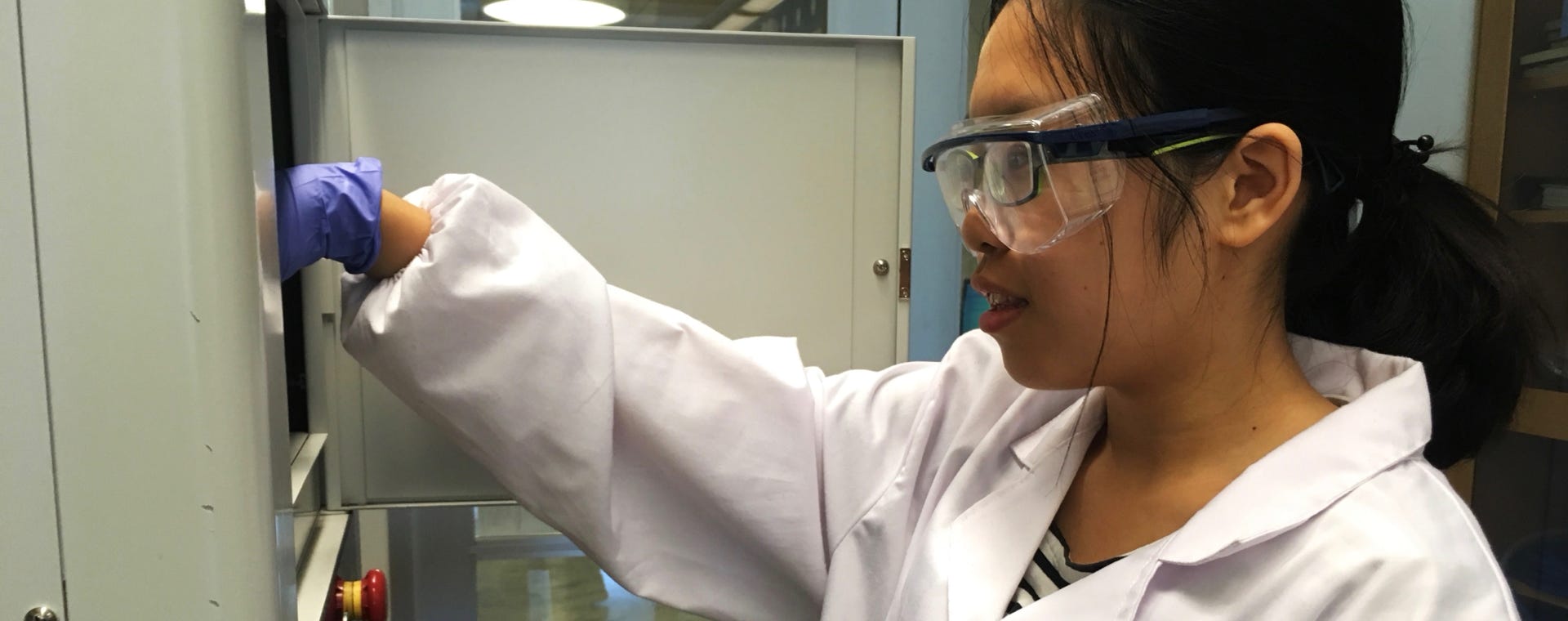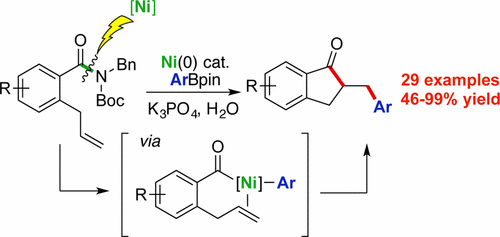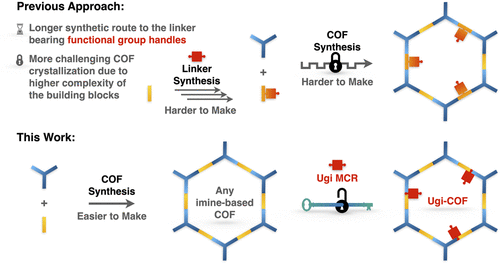-
HOME
-
RESEARCH
-
GROUP
-
PUBLICATIONS
-
PHOTOS
-
OPPORTUNITIES
-
CONTACTS
-
LINKS

Research in the Stanley Laboratory focuses on the identification of catalysts and the development of synthetic methods that streamline the synthesis of medicinally and industrially important molecules. Areas of interest include: 1) the development of new metal-catalyzed alkene functionalization reactions; 2) the development of new synthetic methods to form and functionalize heterocycles; and 3) the identification and development of catalysts that lie at the interface of traditional homogeneous and heterogeneous catalysis. Students in the Stanley group learn synthetic organic chemistry, heterocyclic chemistry, catalytic reaction development, asymmetric synthesis and catalysis, and materials synthesis and characterization. These skills are leveraged to address challenges in the development of new alkene hydroacylation and carboacylation reactions, the synthesis of quaternary carbon stereocenters, the synthesis of metal-organic frameworks (MOFs) and covalent organic frameworks (COFs), and the application of MOFs and COFs as catalysts of valuable organic reactions.



Designed by Katerina Sosa